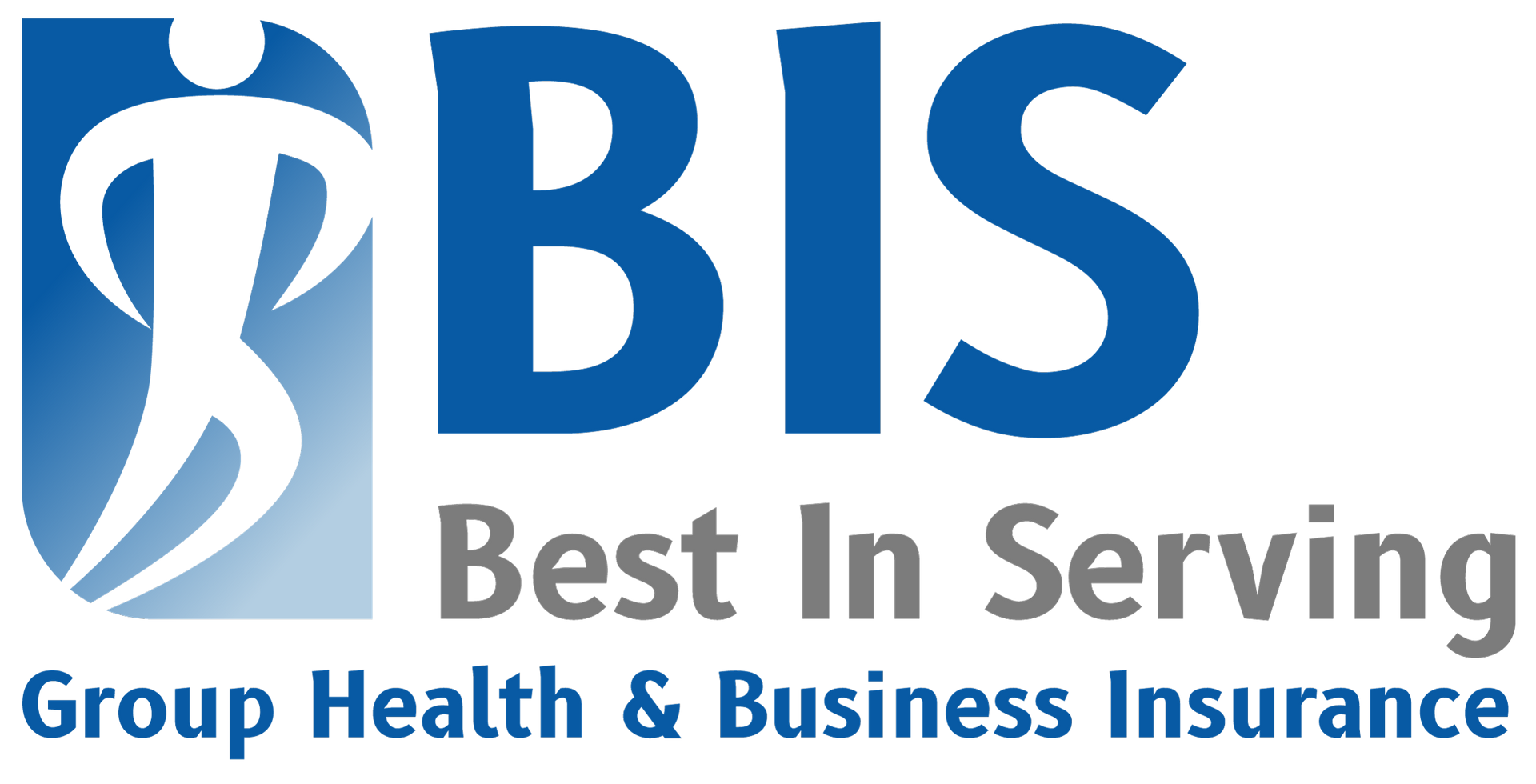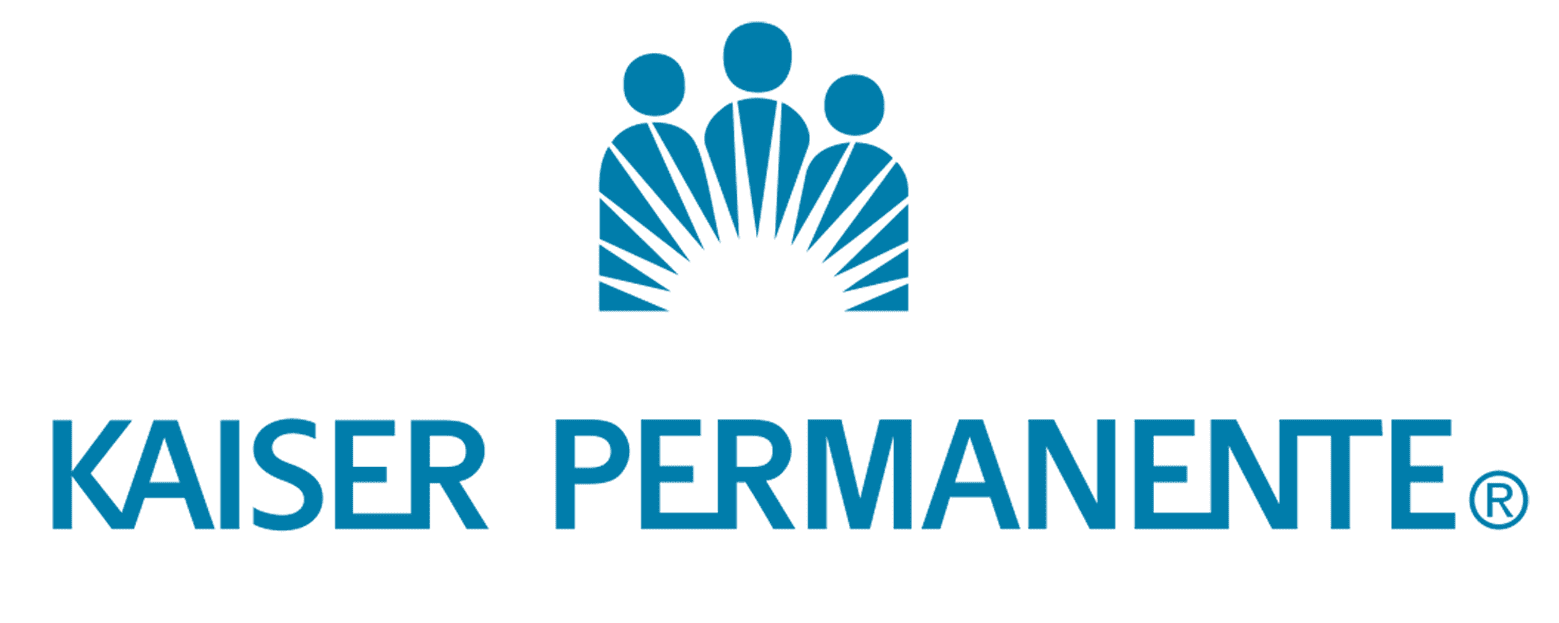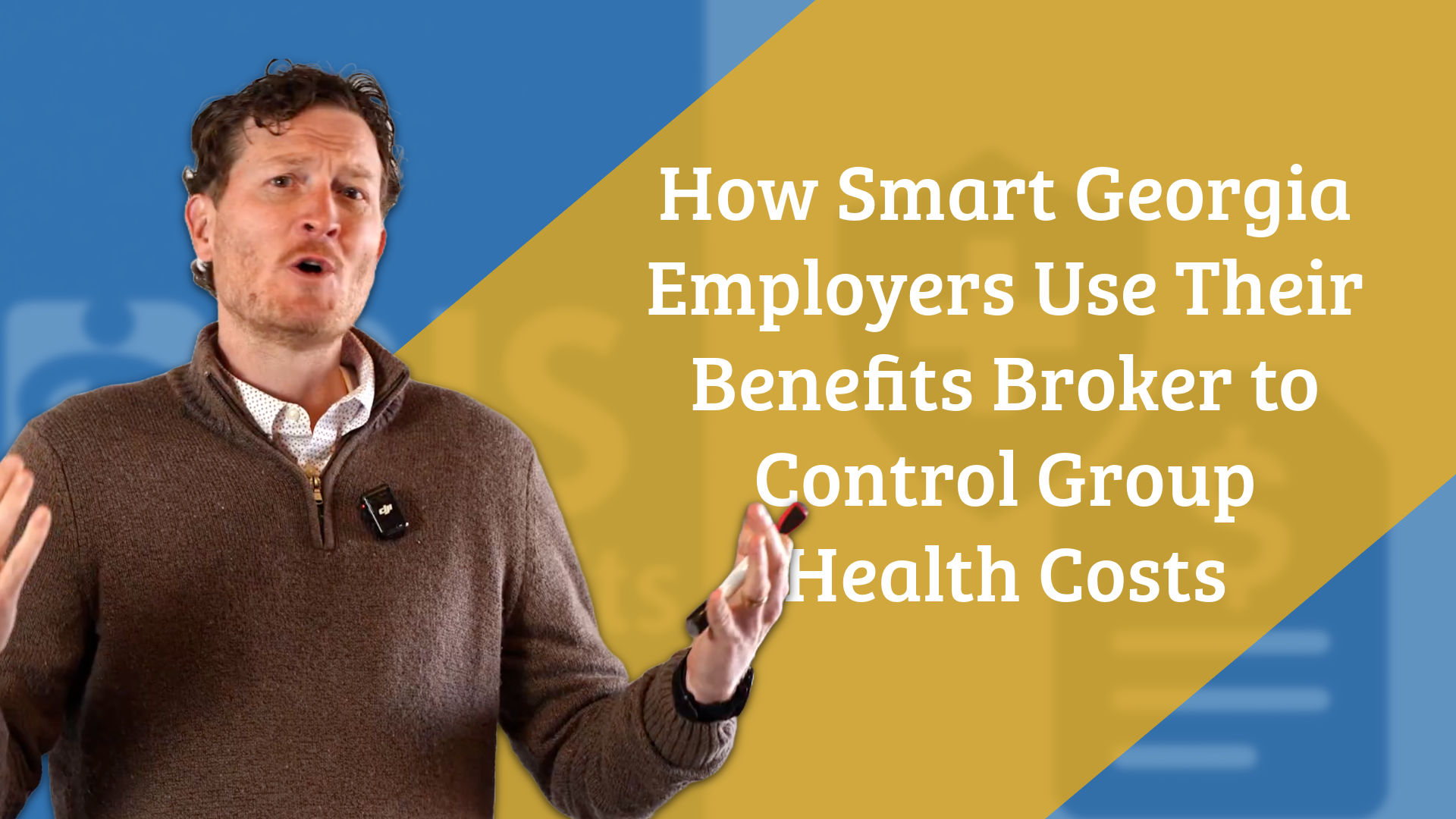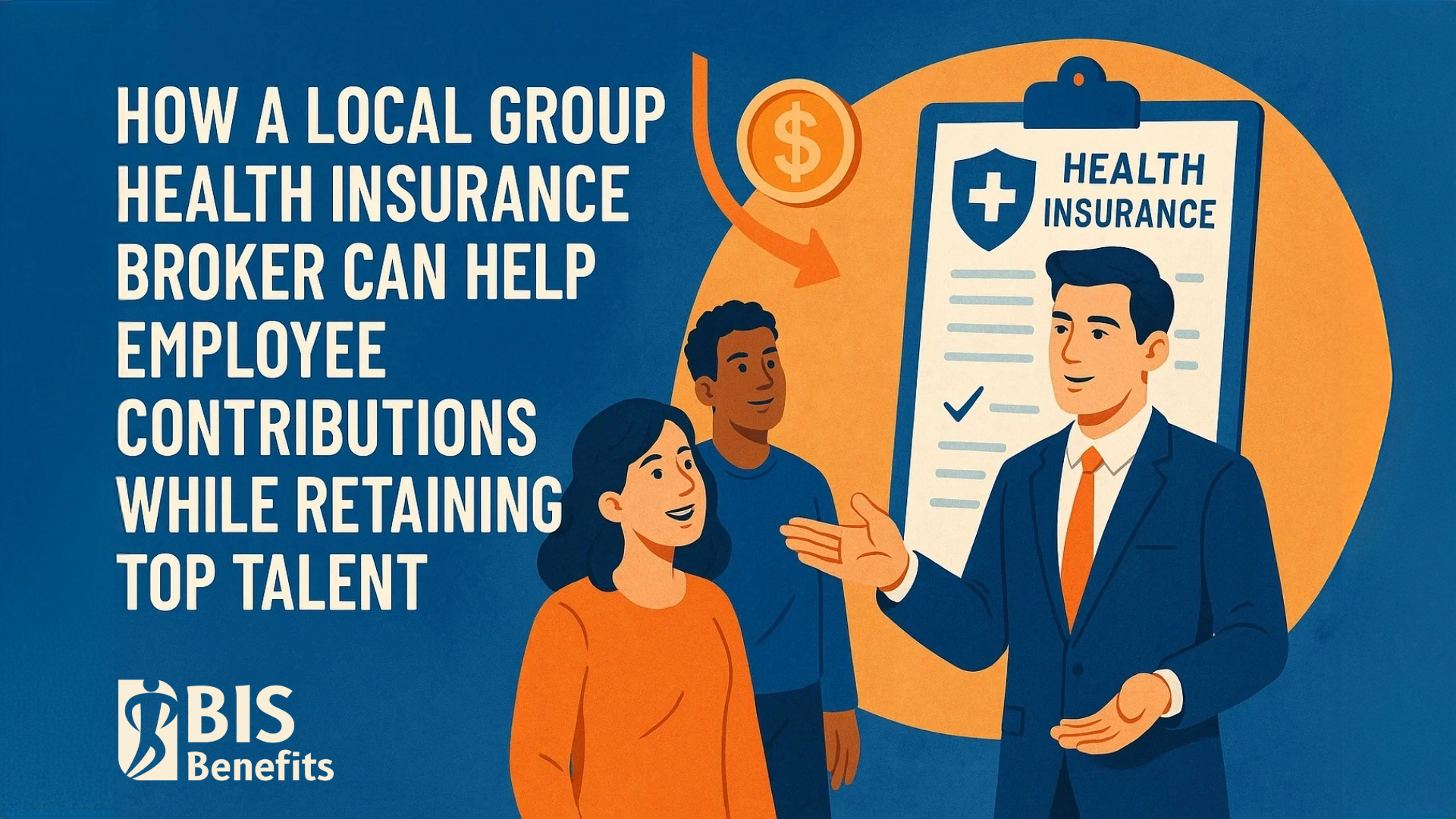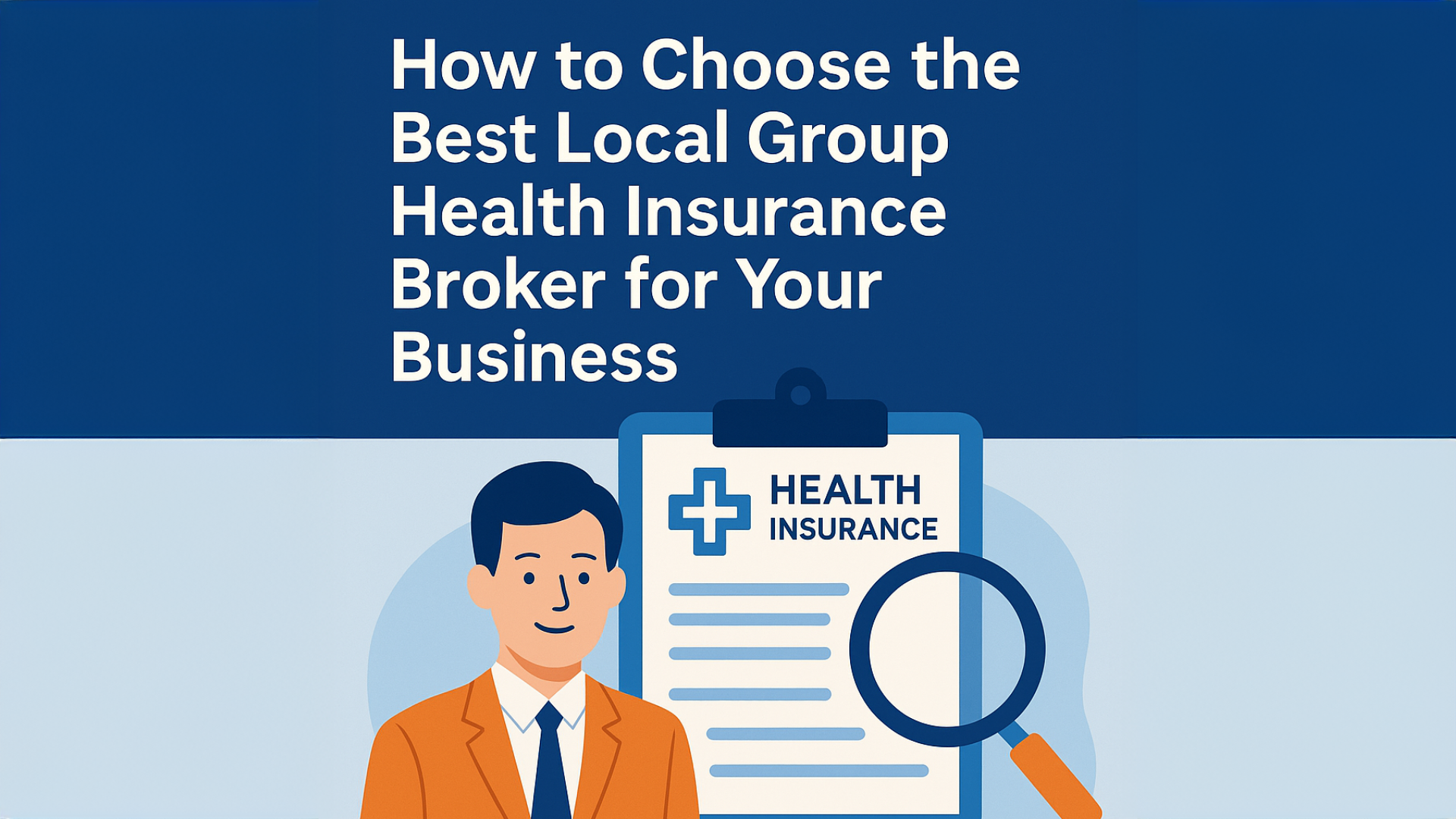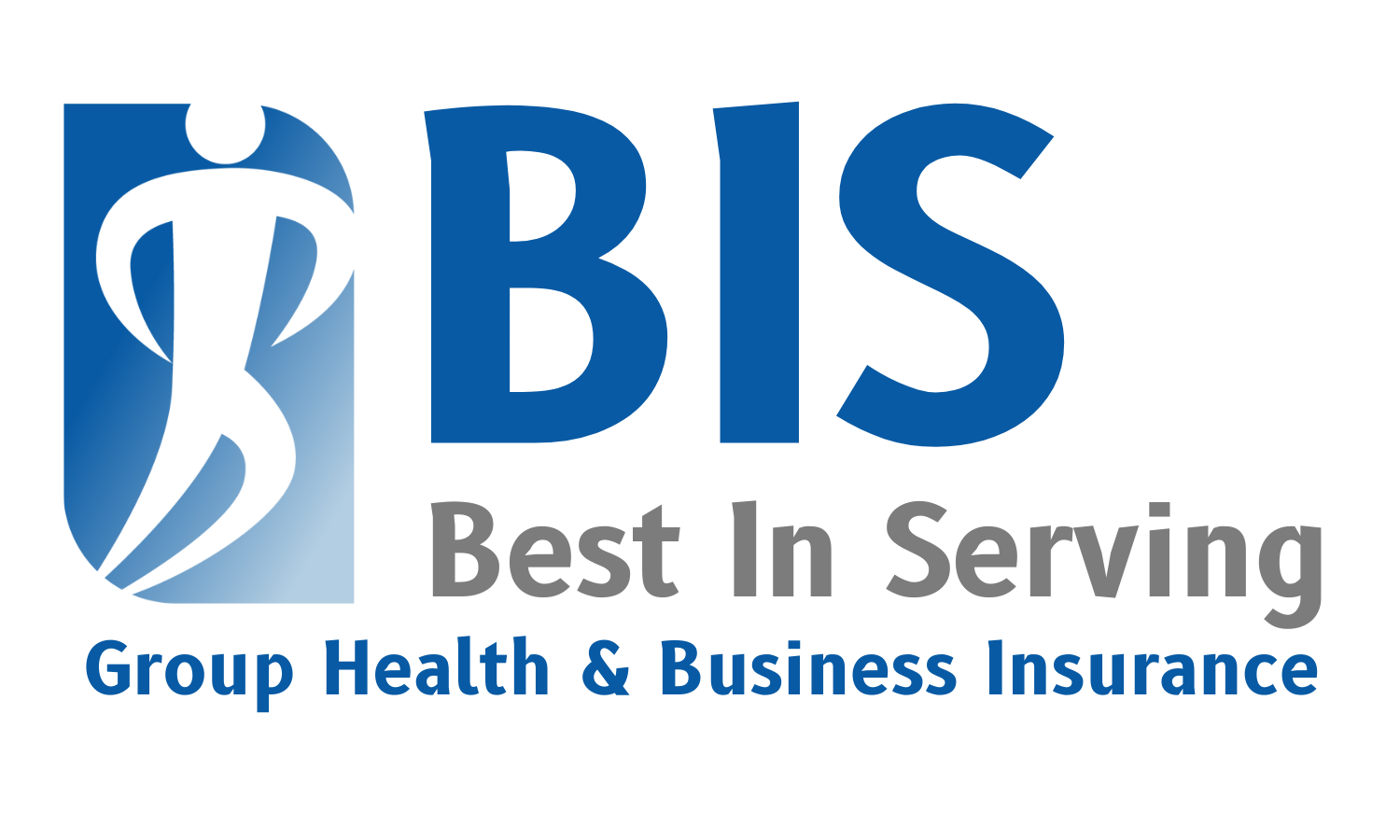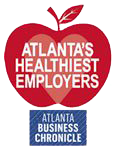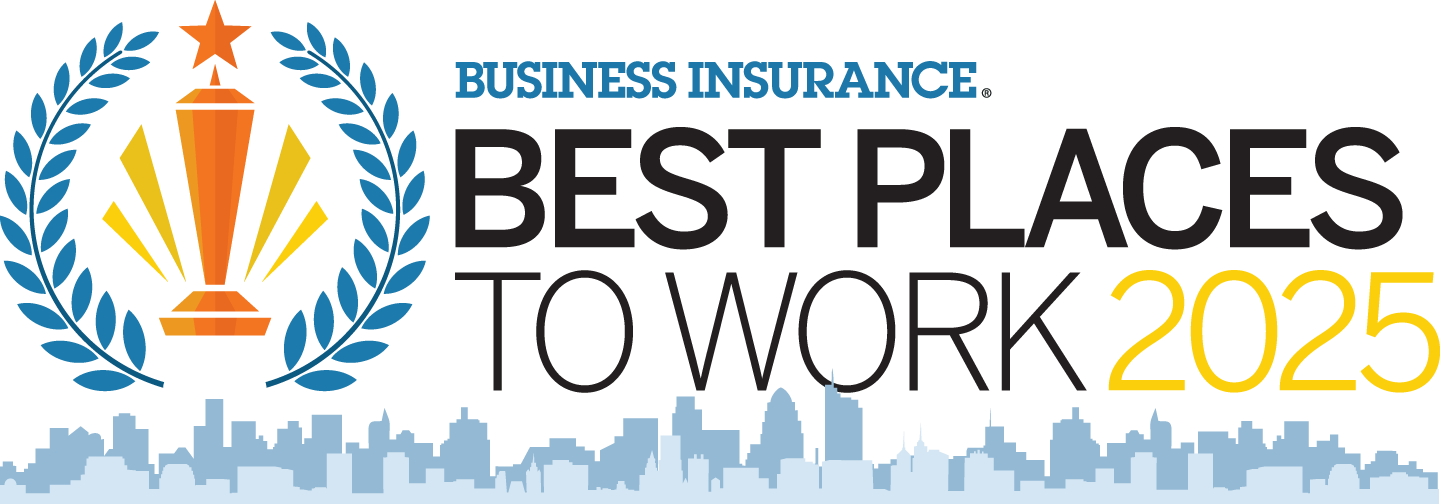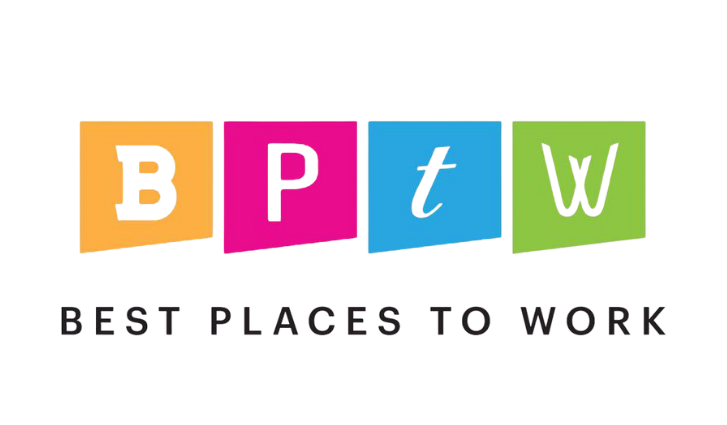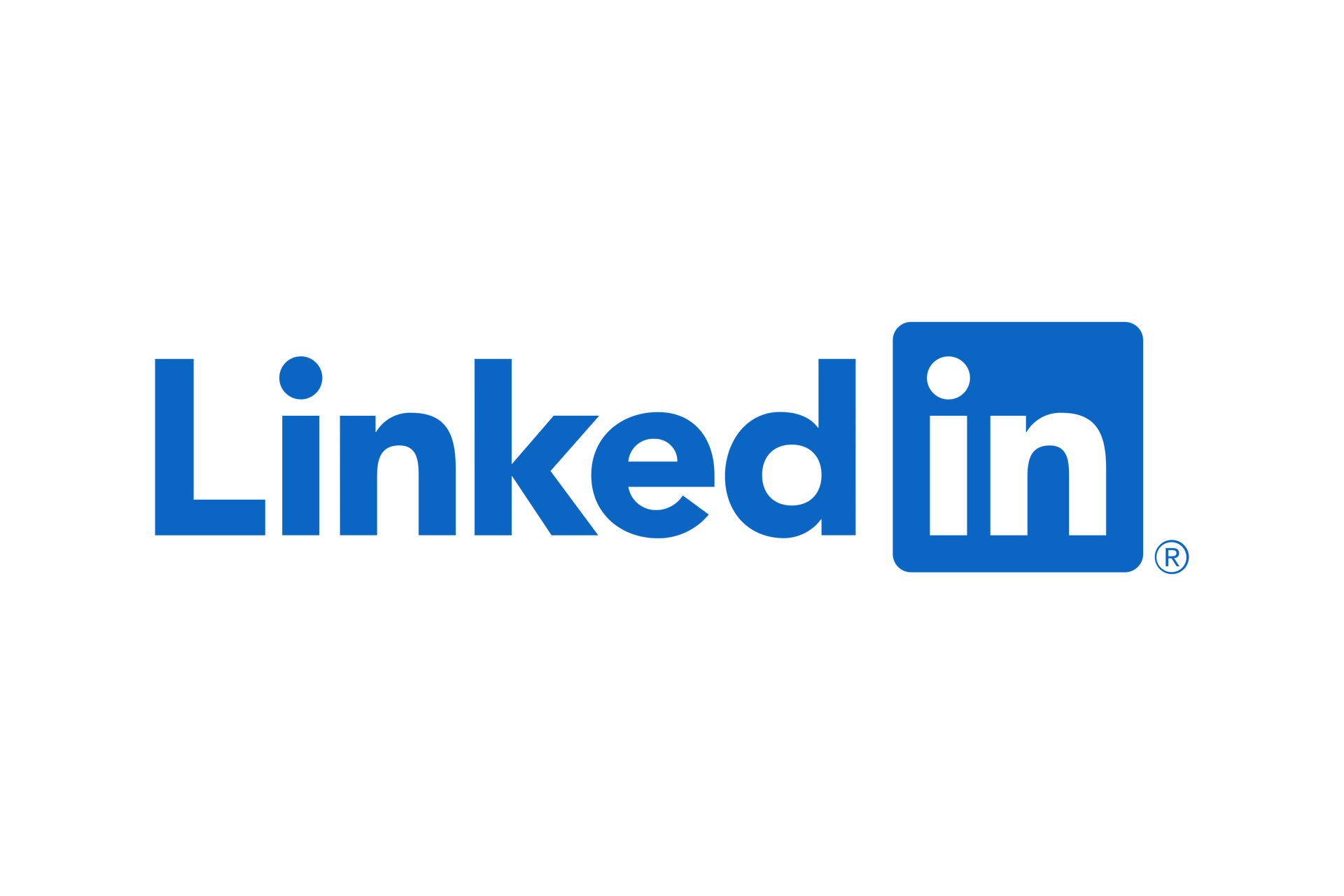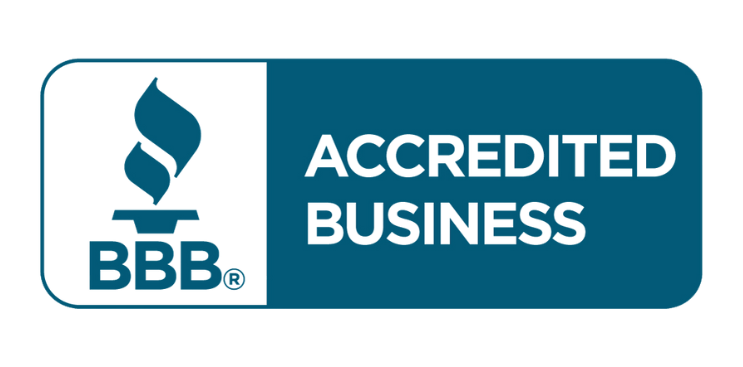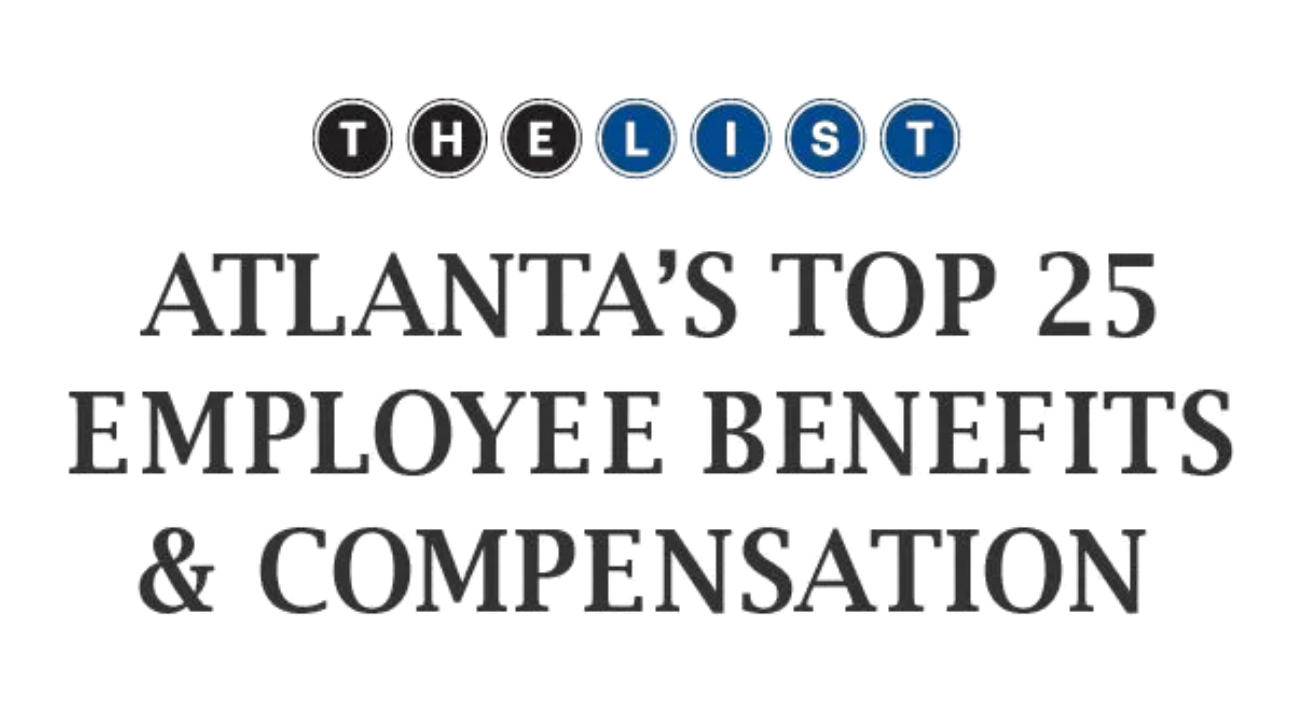Group Health Insurance Broker in Georgia
Find the Best Broker for Better Business Health Insurance
At BIS Benefits, we understand that the key to a productive and efficient business is directly related to the health and wellness of all who work there. That's why we don't just shop coverage - we tailor our Georgia group health insurance offerings to play to your unique organization, not anyone else's. If your business has 15 employees or more, BIS is the ideal benefits broker for you.

Let’s be honest - insurance probably isn’t the highlight of your day. Not to mention, putting together the right small business group health insurance package can sometimes be easier said than done. There are many different types of health coverage options to choose from, including PPO plans, HMO plans, and more. Our hands-on team is ready and willing to sit down with you and leverage our years of industry experience to your advantage. That way, you can rest easy knowing that such an important contributing factor to your success is taken care of.
Why You Should Choose BIS As Your Commercial Insurance Broker
Hands-On Team
Personal Insight, Cutting-Edge Technology, Ongoing Support, and Healthcare Coverage Expertise from Licensed Professional Insurance Industry Experts.
Industry Experts
Knowledgeable in All the Markets, Representing All Major Carriers - We Shop, You Save
Excellent Customer Service
Quick Response, Five Star Rated, BBB Credited, Best Customer Service in the Industry
Other Coverage We Can Help With
As a Georgia small business owner, you can enhance your company's health insurance coverage by offering other types of supplementary insurance. BIS is here to walk you through your plan options and to help you find the right insurance coverage for your specific needs!
Request a Free Quote Today
Allow BIS to aggressively shop the market to get you the most competitive rates.
Insurance Companies We Work with
We quote all the top-rated carriers in Georgia, including Humana,
Anthem,
Blue Cross,
Aetna,
United Healthcare,
Oscar,
Renaissance,
Cigna,
Kaiser,
Principal,
Guardian,
EMI, and more.
Navigating Different Business Health Insurance Plans
Preferred Provider Organization (PPO)
These plans have higher premiums, but you can see specialists and doctors out of network with an appropriate referral.
HMO Plans
Health Maintenance Organization (HMO) plans are budget-friendly and known for lower premiums and deductibles, even though many also have coinsurance. You must see doctors within the HMO's network.
HSA-Qualified Plans
Health Savings Accounts (HSA) are savings accounts that let people set aside money to pay for qualified medical expenses in a tax-free capacity.
Indemnity Plans
With these plans, the insurer will only pay for a part of a doctor's visit or hospital bill.
Finding Coverage That Works for Your Team with a Health Insurance Broker
Healthy employees tend to be more productive on average and happier overall, which goes a long way toward creating the most effective working environment possible. High-quality benefits like Georgia group health insurance also make it easier for employers to attract and retain top talent.
Understanding HRAs: A Flexible Health Benefit Option
Health reimbursement arrangements, also commonly known as HRAs, are account-based insurance plans that allow employers to reimburse eligible employees for qualified medical expenses. By integrating with various health insurance plans, HRAs contribute to a comprehensive approach to employee benefits.
Where We Work
Our insurance agents works with companies around the state of Georgia. Some of the cities our clients are located in include:

Group Health Insurance FAQs
What Our Clients Say
Interested in our benefits?
Contact Us for a Free Quote
Business Insurance, Group Plans, and Employee Benefits? We're here to help! Our health insurance brokers are friendly, knowledgeable, and ready to answer your questions or put together a custom quote for your specific requirements. Contact our team today!
